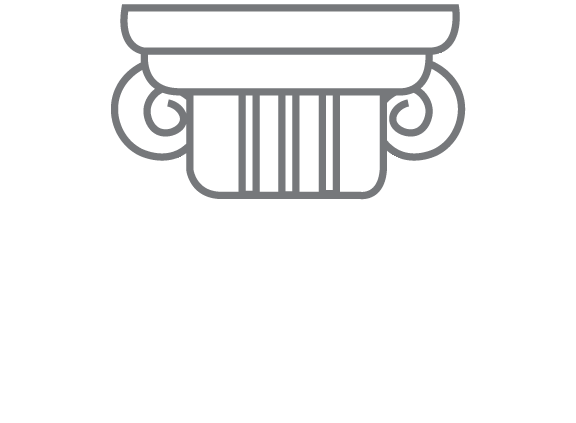People don’t leave companies, they leave managers they can’t trust. So how do you build trust with your team? Here are 3 basic steps to get you started.
- Golden-Rule: Treat others the way you want to be treated. If you want others to trust you, you must be willing to trust others. Douglas McGregors Theory X and Theory Y defines two different types of managers. Theory X is the hard approach depends on close supervision, intimidation, and immediate punishment. This approach can potentially yield a hostile, minimally cooperative workforce that may cause resentment towards management. Managers are always looking for mistakes from employees, because they do not trust their work. Theory X is a “us versus them” approach, meaning it is the management versus the employees. Theory Y managers view their employees as one of the most valuable assets to the company, driving the internal workings of the corporation. Employees additionally tend to take full responsibility for their work and do not need close supervision to create a quality product. It is important to note, however, that before an employee carries out their task, they must first obtain the manager’s approval. This ensures work stays efficient, productive, and in-line with company standards. Which theory defines your management style? If you are theory X then a self analysis of your assumptions about employees and their intentions can be the source of mistrust. If you answered theory Y this approach lends itself to building trust and loyalty.
- Delegate & empower : Allow employees to take on additional responsibilities is a powerful way to show trust. However, a leader must balance the opportunity for growth as well as providing needed guidance when necessary. Micromanaging or delegating and completely signing off are often causes of employees feeling that you can’t be trusted.
- Open communication: Ignoring the elephant in the room because it is uncomfortable is a sure path to mistrust. Practice having hard conversations with employees balancing honesty with respect and tact. Becoming comfortable in handling hard conversations is vital to maintaining open, honest communication in order to continue building trust when things are not going as expected.
We all have room for improvement and becoming a trustworthy person is a principle to live by.

